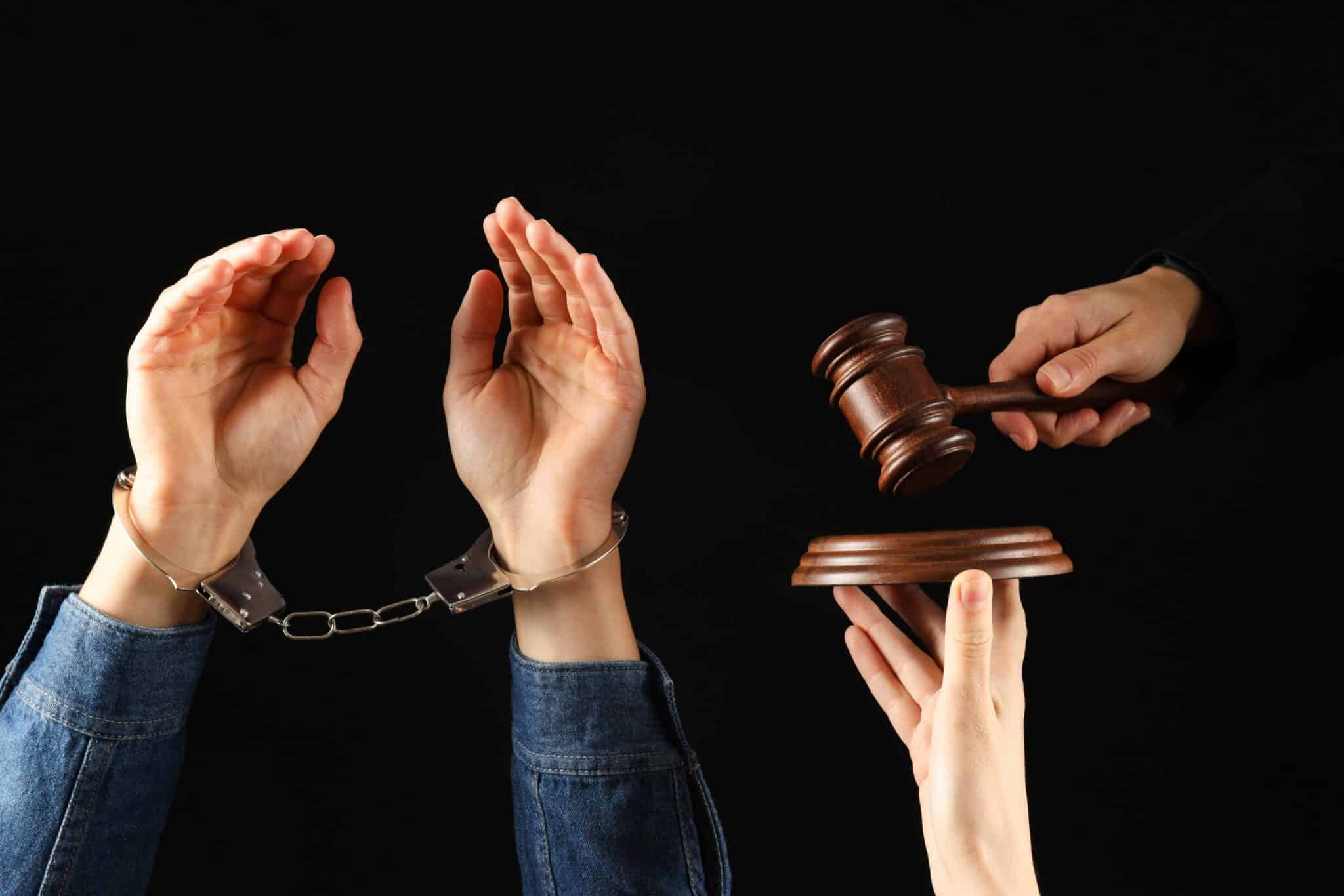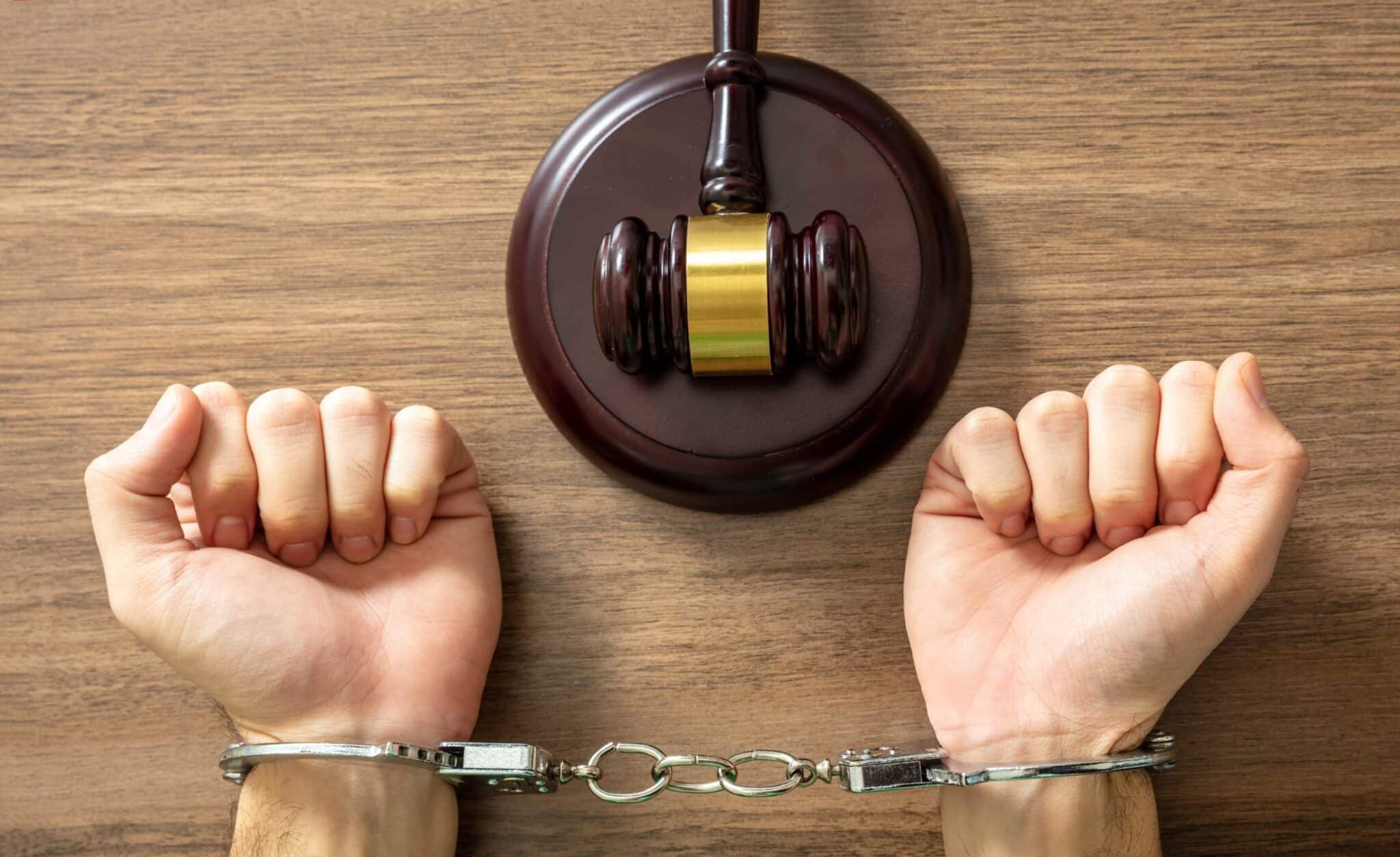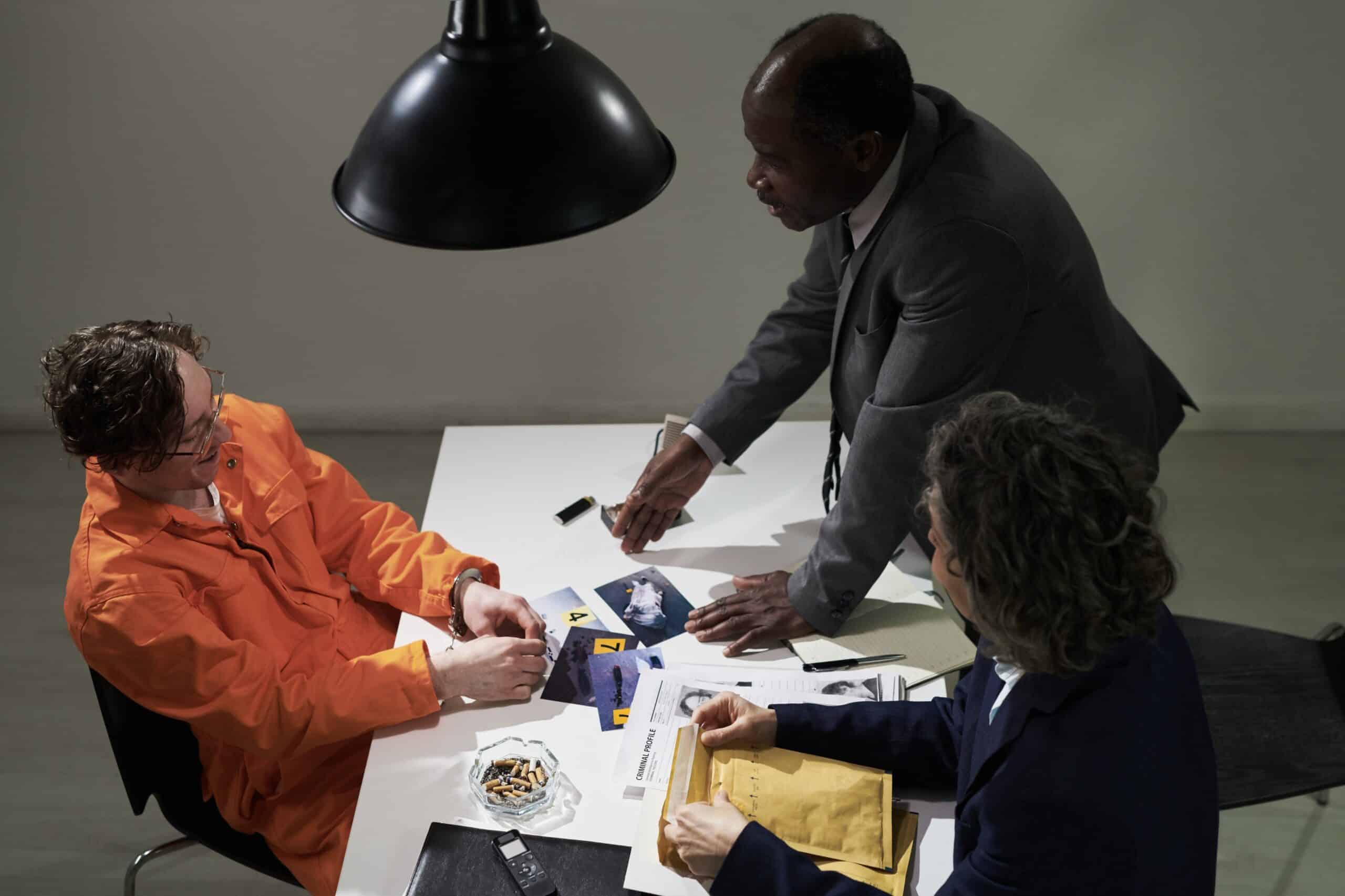DO I NEED A LAWYER FOR A FIRST-TIME CRIMINAL OFFENSE IN KANSAS CITY?

If you are facing a criminal charge for the first time in Kansas City, it is natural to feel overwhelmed and to wonder whether hiring a lawyer is really necessary. Many first-time offenders assume that because they have no prior record, the court will be lenient or the case will “work itself out.” Unfortunately, that assumption can lead to serious and lasting consequences.
That means even a first-time criminal offense in Missouri can permanently affect your record, your career, and your future.
At KC Defense Counsel, our experienced Kansas City traffic attorneys know that understanding what is at stake and why securing legal representation matters is critical when navigating the Kansas City criminal justice system.
FIRST-TIME OFFENSE DOES NOT MEAN MINOR CONSEQUENCES
Unfortunately, Missouri law does not automatically go easy on first-time offenders. While prior convictions can increase penalties, a first offense can still result in jail time, probation, fines, mandatory classes, and a permanent criminal record. Judges and prosecutors are required to follow statutes, not personal circumstances or intentions.
In Kansas City courts, prosecutors often pursue charges aggressively, even against individuals with no prior history. Without a defense attorney advocating on your behalf, you may miss opportunities for reduced charges, alternative sentencing, or dismissal altogether.
CRIMINAL RECORDS BEGIN IMMEDIATELY
One of the most overlooked risks of a first-time criminal charge is how quickly it becomes part of your public record. Arrests and charges can appear on background checks within days. This can impact employment, housing applications, professional licensing, and even educational opportunities.
Many people believe that a first offense will automatically be sealed or removed later. That is not true. Without proper legal handling, even a dismissed or resolved case can remain visible unless expungement steps are taken. A Kansas City criminal defense attorney considers not only the immediate case, but also how it will affect your record long-term.
FROSECUTORS ARE NOT ON YOUR SIDE
Another common misconception is that prosecutors will “be fair” to first-time offenders. While prosecutors are obligated to follow the law, their role is to pursue convictions — not to protect your future. They are trained professionals with extensive experience handling criminal cases.
Attempting to navigate plea negotiations or court proceedings without legal counsel places you at a significant disadvantage. Statements made to law enforcement or prosecutors, even with good intentions, can be used against you.
A trusted Missouri criminal defense attorney ensures your rights are protected and that you do not unknowingly harm your case.
LEGAL STRATEGY MATTERS IN ALL CRIMINAL CASES. DON’T FALL BEHIND
The earliest stages of a criminal case often have the greatest impact on the outcome. Decisions made during arrest, charging, and initial court appearances can influence whether charges are reduced, dismissed, or proceed to trial.
A knowledgeable Kansas City criminal defense lawyer reviews the evidence, identifies procedural errors, challenges unlawful searches or questioning, and develops a defense strategy tailored to your situation. For first-time offenders, this can mean the difference between a clean record and a lifelong burden.
YOU HAVE OPTIONS YOU MAY NOT BE AWARE OF
Missouri law allows for certain alternatives in appropriate cases, such as diversion programs, suspended imposition of sentence, or probation arrangements that may avoid a conviction. However, these options are not automatically offered. They often require negotiation, documentation, and legal advocacy.
A skilled criminal defense attorney understands which options may be available and how to position a case to qualify for them. Without representation, many first-time offenders accept outcomes that permanently damage their record — simply because they were unaware of better alternatives.
The Hidden Costs of Not Hiring a Lawyer: Some people hesitate to hire an attorney due to cost concerns. However, the long-term cost of a criminal record often far exceeds legal fees. Lost job opportunities, housing denials, increased insurance rates, and professional setbacks can follow you for years.
Investing in an experienced Kansas City criminal defense attorney is an investment in your future. Legal counsel can help minimize penalties, protect your reputation, and preserve opportunities that may otherwise be lost.
EXPERIENCE IN KANSAS CITY AND MISSOURI COURTS MATTERS
Local experience is critical in criminal defense. Kansas City courts have their own procedures, prosecutors, and expectations. An attorney who regularly practices in these courts understands how cases are evaluated and how to advocate effectively for first-time offenders.
KC Defense Counsel brings that local knowledge and experience to every case. From the first court appearance to final resolution, having a seasoned advocate on your side can significantly improve your outcome.
If you are facing your first criminal charge in Kansas City, the decisions you make now will shape your future. Hoping for leniency or trying to handle the case alone is a risk you do not need to take.
CONTACT KC DEFENSE COUNSEL FOR A FREE CASE EVALUATION
Hiring an experienced Kansas City criminal defense attorney as early as possible can help protect your rights, your record, and your future. A first offense does not have to define you but failing to take it seriously might.
Criminal charges place your freedom, finances, and reputation at risk. Missouri courts impose strict penalties, and convictions can have lifelong effects. KC Defense Counsel is committed to defending Kansas City clients with diligence and determination. We understand the pressure you are under and work to provide strong legal support at every stage.
Our attorneys fight for reduced charges, dismissals, and favorable resolutions whenever possible. If you are facing criminal allegations, do not face them alone.
Contact KC Defense Counsel today to discuss your case with an affordable Kansas City criminal defense lawyer who is prepared to fight for you.
Cities we serve: Adrian, Archie, Bates City, Belton, Blue Springs, Buckner, Butler, Cameron, Claycomo, Cleveland, Drexel, Fairview, Ferrelview, Gladstone, Grain Valley, Grandview, Greenwood, Houston Lake, Independence, Kansas City Missouri, Kearney, , Knob Noster, Lake Lotawana, Lake Tapawingo, Lake Waukomis, Lake Winnebago, Lawson, Lee’s Summit, Liberty, North Kansas City, Oak Grove, Oakview, Parkville, Peculiar,, Platte City, Platte Woods, Plattsburg, Pleasant Hill, Raymore, Raytown, Riverside, Smithville, Sugar Creek, Tracy, Warrensberg, Weatherby Lake, and Weston.
Statewide: Missouri State Highway Patrol and Sheriff Counties we serve: Bates County, Cass County, Clay County, Jackson County, Platte County, Ray County.
Contact our experienced Kansas City criminal defense lawyers near me in Missouri and let us help begin building your defense. Let us help.
Disclaimer: This page is for informational purposes only and does not create an attorney-client relationship. Always consult qualified counsel regarding your unique situation.



Recent Comments